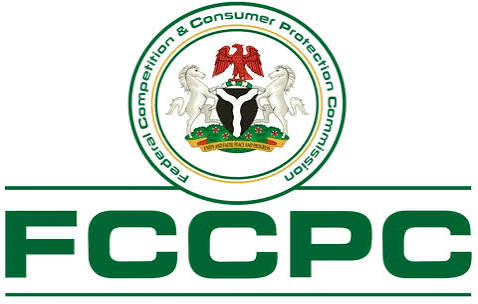Nigeria’s competition and consumer protection regulator has fixed January 5, 2026, as the final deadline for all digital lending platforms and intermediaries to fully comply with the country’s updated consumer lending regulations, marking a decisive push to clean up the rapidly expanding online credit market.
The announcement, issued through the Commission’s corporate affairs department, signals a stronger regulatory stance toward operators whose practices have attracted repeated complaints from borrowers across the country. The new rules, which took effect in July 2025 under the Federal Competition and Consumer Protection Act 2018, are designed to promote fairness, transparency and accountability across Nigeria’s increasingly influential digital lending ecosystem.
To support operators, the Commission has released a set of guidelines accompanying the 2025 regulations. These guidelines provide practical direction on documentation, operational requirements and updated compliance forms, reflecting feedback gathered during stakeholder engagements.
Operators with pending submissions are encouraged to provide any additional information required under the new framework without waiting for formal requests, as the Commission continues to process applications and maintain a transparent review process.
The leadership of the Commission stressed that the January 2026 deadline is both a legal and practical requirement to protect consumers and stabilise the industry. It noted that operators have had ample time to adjust to the new rules and the enhanced guidance now provided. Once the deadline passes, enforcement will begin immediately, with possible penalties including operational restrictions, temporary suspension of non-compliant entities and prosecution under existing consumer protection laws.
Copies of the guidelines, required forms and answers to common questions are available through the Commission’s website and regional offices, offering further clarity for businesses preparing to meet the new standards.
Nigeria’s digital lending market has grown rapidly in recent years, supported by a large unbanked population and the convenience of instant mobile loans for individuals, traders, gig workers and small business owners.
But the expansion has come with widespread consumer abuse, including privacy breaches, excessive interest rates, aggressive collection tactics and the rise of unlicensed operators popularly known as loan sharks.
Many such platforms have been accused of accessing borrowers’ contact lists and sending defamatory messages to friends and relatives, sparking public outrage and prompting stronger regulatory action.
In 2022, the Commission launched a major industry-wide crackdown in collaboration with the central bank, the information technology development agency and the anti-corruption authority. This joint task force created an interim registration system under which legitimate lenders were required to submit documentation for approval.
However, some platforms continued operating without authorisation, prompting the introduction of the more comprehensive 2025 regulations and guidelines aimed at permanently sanitising the market.
As of November 2025, the Commission has granted full approval to 438 digital lending companies, a milestone that reflects growing compliance within the sector.
The regulator expects that the new rules will strengthen consumer confidence, encourage responsible lending and create a safer environment for borrowers and small businesses that rely on short-term credit for daily operations.
For MSMEs across Africa, Nigeria’s strengthened regulatory approach signals a wider trend toward protecting borrowers, stabilising the digital lending ecosystem and encouraging responsible financial innovation.










